Breaking
- MENU

Israel went to polls for the 23rd Knesset on 2nd March. The third parliamentary elections within one year, did not prove to be manna from heaven that many Israelis were hoping for. Despite his claims of victory, hours after polling ended, Likud leader Benjamin Netanyahu, Israel’s longest-serving Prime Minister, still fell short of the magic number of 61 in the 120-member Parliament (Knesset).
With almost 99 percent of the over six million votes were counted, the Likud remains the largest party with 36 seats and the religious bloc comprising of Shas and United Torah Judaism secured nine and seven seats, respectively. The rightist Yamina has got six seats. This makes the right-religious bloc led by Netanyahu securing 58 seats, falling three seats short of a simple majority. While the final number could change once all votes are counted, Netanyahu getting a simple majority looks unlikely. The economic growth and closer ties with US proved insufficient to secure a landslide victory the Likud had hoped for.
The opposition which has 62 seats on paper is equally unlikely to form a government. While the Centrist Blue and White party led by former general Benny Gantz fell short of pre-election hopes and secured 33 seats, the left-wing Labour-Gesher-Meretz bloc got seven seats. The real winner in the election is the Joint List that secured 15 seats, the highest representation for Israeli Arabs since 1948.
However, with seven seats, Yisrael Beiteinu led by Avigdor Liberman has once again emerged as the kingmaker. His support is vital for Netanyahu as well as Gantz to form the next government; but this will not be easy. Lieberman has been opposed to any government that would include Arab parties. Differences between Netanyahu and Lieberman had precipitated the dissolution of the Knesset in December 2018 resulting in three inconclusive elections in April and September 2019 and the third one this month.
While Netanyahu, who is also heading the longest caretaker government in Israel’s history, has already started negotiations with his allies, the formal process of government formation is likely to begin only early next week. Once the results are formally communicated to President Reuven Rivlin, the Israeli President is likely to consult all political parties and decide about who could form a stable government. Normally the government formation takes at least four weeks after elections, and this time should not be different, especially given the inconclusive verdict.
Lieberman’s refusal to endorse the Likud leader was mostly responsible for no governments being formed after the two elections last year. If Lieberman does not change his position, Netanyahu’s government formation rests on engineering defection from the Blue and White party, and there are indications that negotiations towards this is on.
There is where the catch lies. On 17 March, Netanyahu will become the first serving Israeli Prime Minister to appear in court on charges of corruption and abuse of power. For the past few months, Netanyahu has been unsuccessful in bringing a law that would preclude an incumbent Prime Minister from being tried. The Blue & White party has planned to promote a bill barring indicted officials to serve as Prime Minister.
While Unity government has been an attractive option, Blue and White has been insisting on Likud changing its leader, a proposition unacceptable not only to Netanyahu but also to a vast majority of the party, as it fears selecting a new leader would pose unforeseen challenges and undermines its strength.
The political uncertainty in Israel does not affect India’s relations with it. Even if Israel elects a new leader, the relationships are unlikely to change. India-Israel ties have been elevated to a strategic partnership. The two countries are working together on many fronts including defence, security and counter-terrorism. Thus, the political discourse would not affect the fundamentals contours of the strong bilateral relations.
Note: This article was originally published in Air World Service on 7 March 2020 and has been reproduced with the permission of the author. Web Link
As part of its editorial policy, the MEI@ND standardizes spelling and date formats to make the text uniformly accessible and stylistically consistent. The views expressed here are those of the author and do not necessarily reflect the views/positions of the MEI@ND. Editor, MEI@ND: P R Kumaraswamy
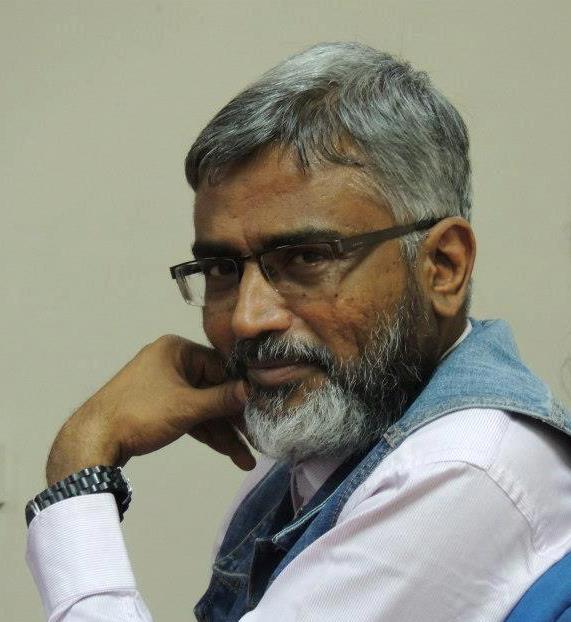
Professor P R Kumaraswamy is Honorary Director of MEI@ND.

When peace is viewed as ‘surrender’, there is little one can accomplish. Without an effe.....

The magnitude of the missile attack on Israel carried out by Iran in the early hours of Sunday was u.....

While the details are still emerging, the Hamas attacks from the Gaza Strip on Saturday were well pl.....

The Libyan controversy reminds us of the more significant problem facing Israel. While the scale and.....
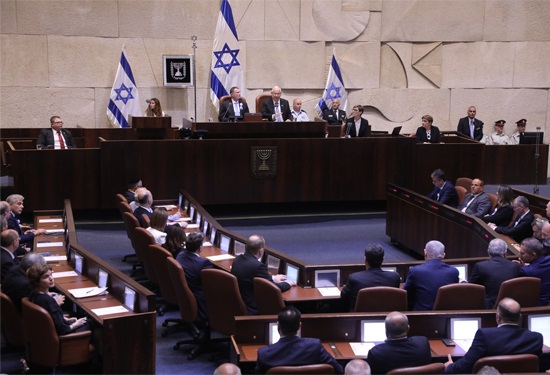
64-0! It should be an impressive vote in any country, especially in Israel, where a simple parliamen.....
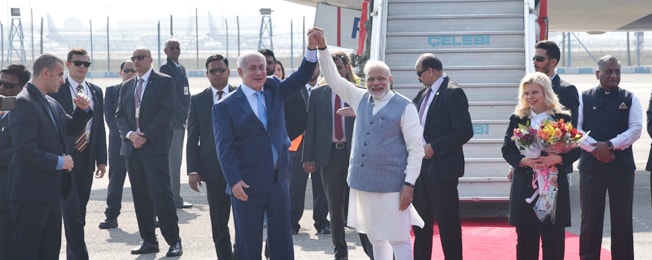
King Bibi is back! After one year in the Opposition, Benjamin Netanyahu, a close friend of Prime Min.....

Political instability is an integral and inseparable part of Israel’s landscape. For the fifth.....

Even by the Israeli standard of coalition fragility, the Bennett-Lapid government, which completed o.....

Soon to enter its fourth month, the Russian invasion of Ukraine has made irreversible damages to glo.....
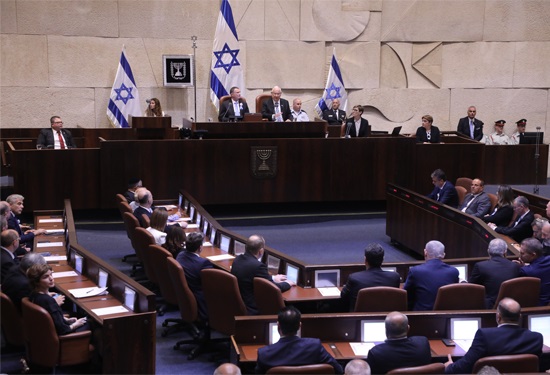
The visit of Israeli Prime Minister Naftali Bennett to India scheduled for last week had to be cance.....

The drone attack on Abu Dhabi on Monday (January 17) by the Houthi rebels marks a major escalation o.....
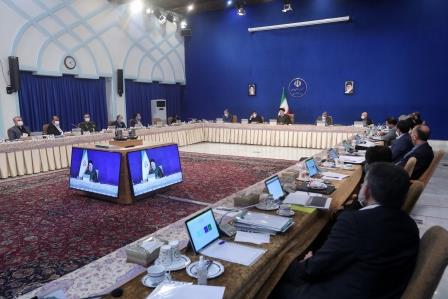
Of late, Israel-Iran shadow-boxing has been getting ominous. If Israel’s diplomatic offensive .....

In early November, Moscow hosted Mohammed Dahlan, a former right-hand man of Palestinian leader Yass.....
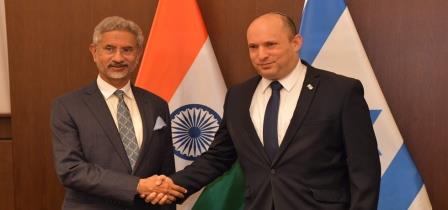
Nearly three decades after Prime Minister P V Narasimha Rao broke from the past and normalised relat.....
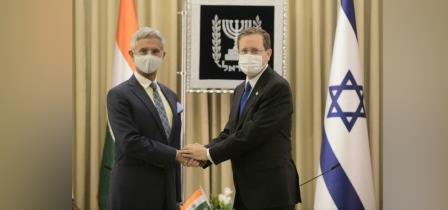
Earlier it was Pakistan and now China. So whatever India does and does not do externally has to be l.....

In several ways, the Taliban takeover of Afghanistan can be a game-changer in India’s worldvie.....

The Taliban takeover and its fallout exposed the limited diplomatic space for India in its immediate.....

Given the travel restrictions, local lockdown and sluggish economic revival, that over three lakh pe.....
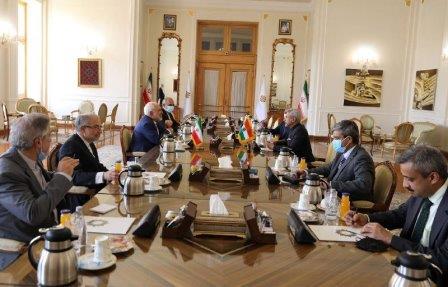
Since 2005, some critical decisions over Iran have been taken by the MEA’s US Division. So que.....
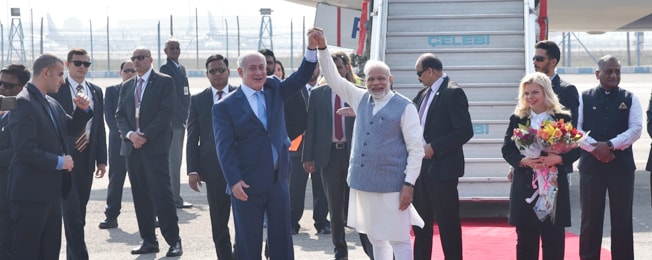
“Bibi dethroned”. This is the expression used in the Israeli media to describe the forma.....
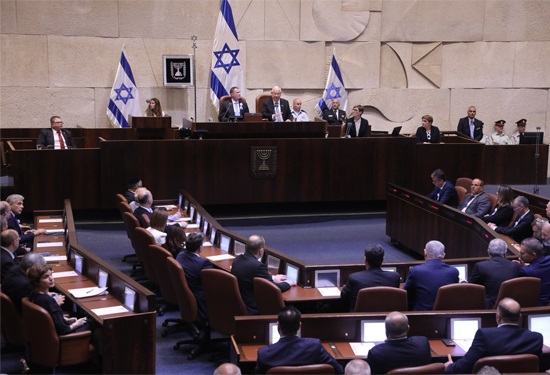
Despite having a woman prime minister in Golda Meir, female political representation in Israel has n.....

The most interesting aspect of the new Bennett-Lapid government in Israel is the emergence of Mansou.....
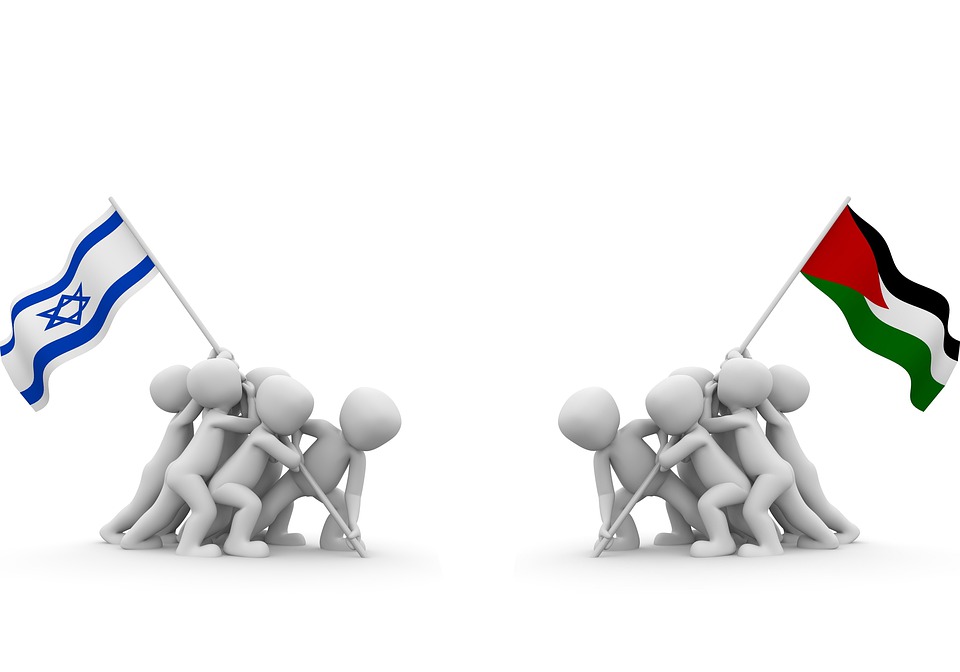
When it comes to mediating international crises, India’s track record is a mixed bag. In recen.....

Going by the Israeli media, it is clear that the arm-twisting by the Biden Administration forced the.....

Indeed, Hamas is better placed today than it was in January 2006 and the current round of violence i.....

While the international community wants de-escalation and an early end to the conflict, the chances .....
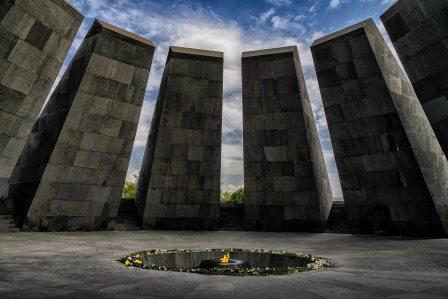
Ending the past silence, US President Joe Biden marked the Armenian Genocide Remembrance Day of Apri.....
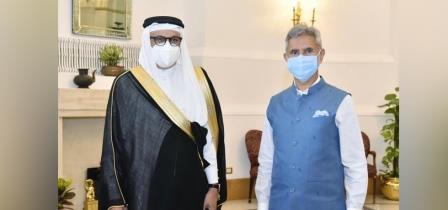
The visit of Foreign Minister of Bahrain Abdullatif bin Rashid Al Zayani to India during 6-8 April r.....
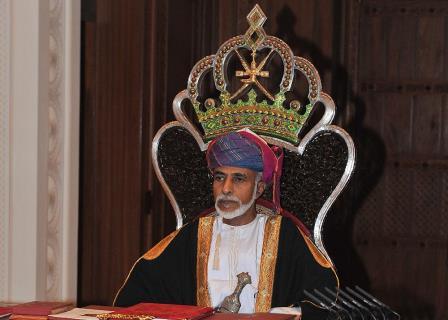
By posthumously bestowing the Gandhi Peace Prize for 2019 upon Sultan Qaboos of Oman, New Delhi seek.....
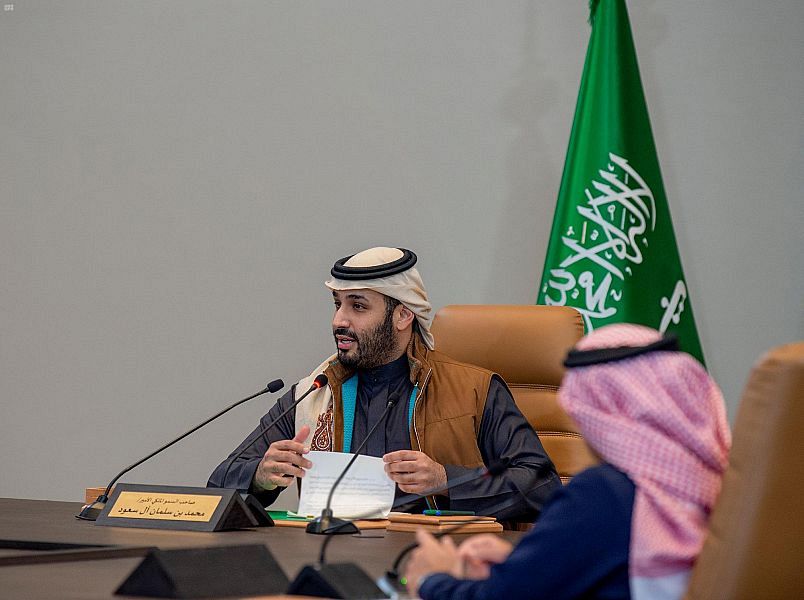
Much to the displeasure and discomfort of Saudi Crown Prince Mohammed bin Salman (more widely known .....
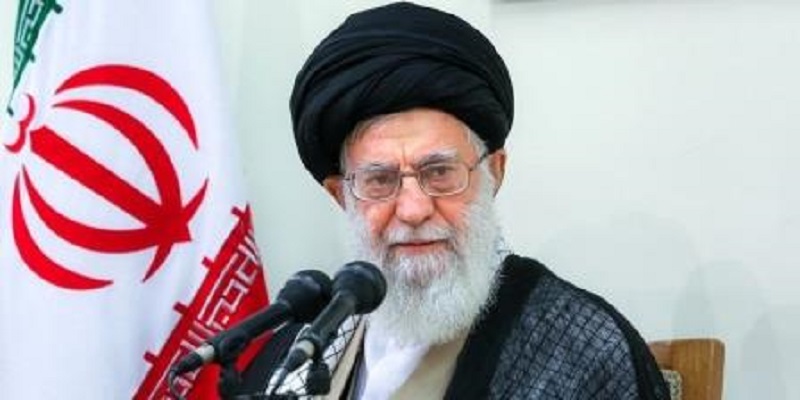
The nomination of Robert Malley, a veteran hand in Washington policy circles, as the Special Envoy f.....
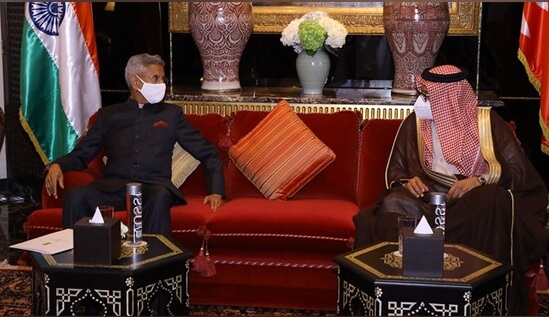
The two-day visit of External Affairs Minister S Jaishankar to the United Arab Emirates last week is.....
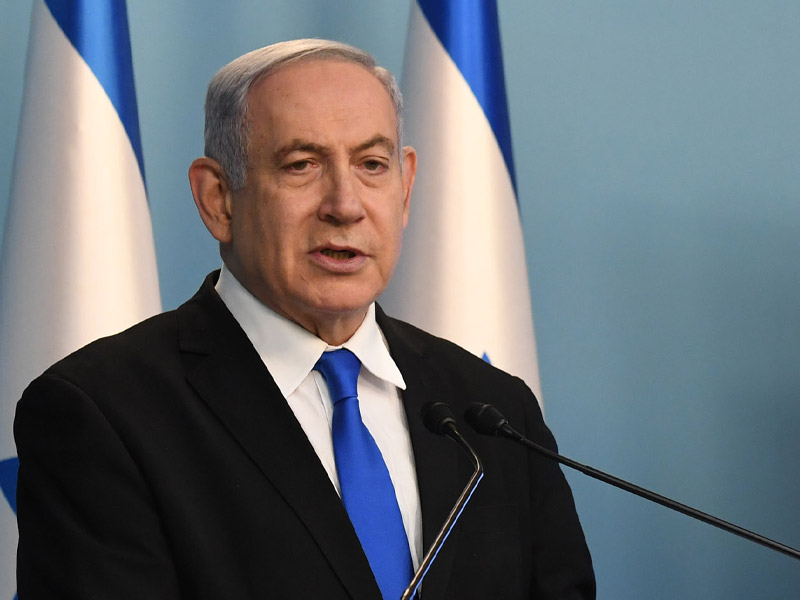
United Arab Emirates’ (UAE) decision to normalise relations with Israel is the most dramatic e.....
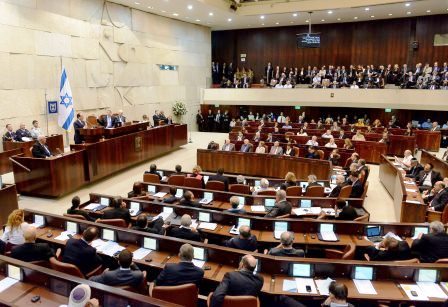
Declaring victory moments after the polling ends has become the hallmark of Benjamin Netanyahu; and .....
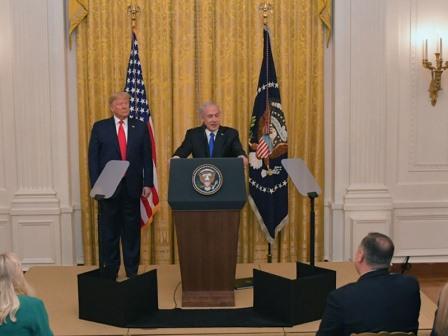
With possible removal from office hanging over their heads, US President Donald Trump and Israeli Pr.....

US Secretary of State Mike Pompeo’s sudden and unexpected announcement regarding Israeli settl.....

US President Donald Trump’s decision on imposing sanctions on Turkey has rocked the ever-turbu.....
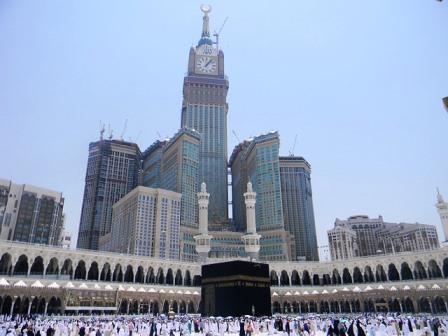
Prime Minister Narendra Modi’s two-day visit to the Kingdom of Saudi Arabia this week highligh.....
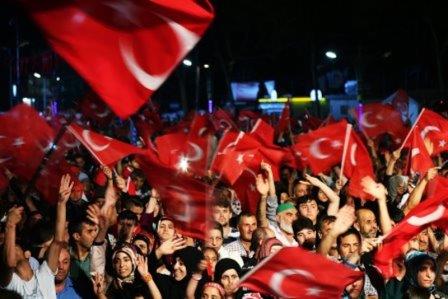
Prime Minister Narendra Modi's reported decision to postpone a planned visit to Turkey comes a c.....
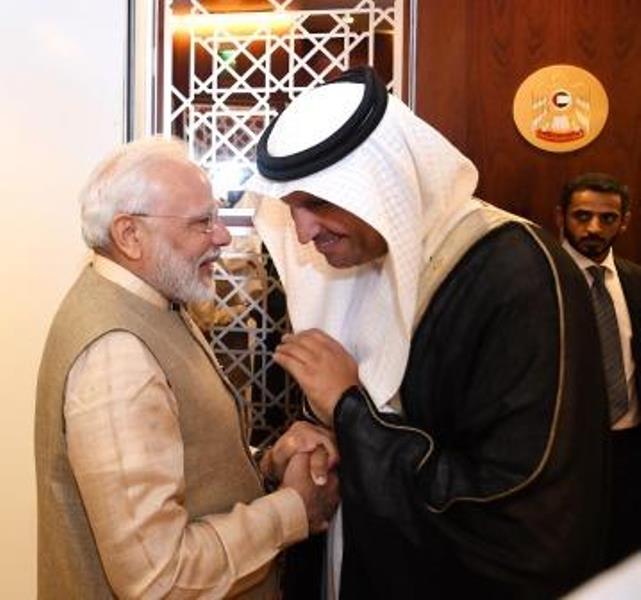
With the sole and notable exception of Pakistan, India's relations with the wider Islamic world .....
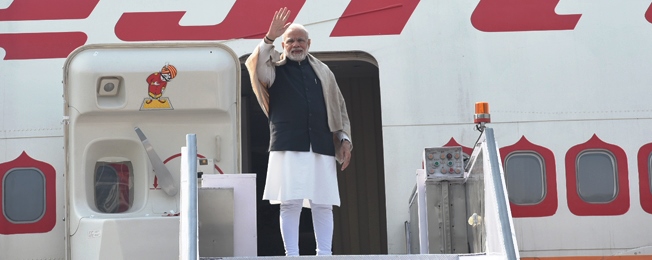
For a long time, India’s relationship with its extended neighbourhood in the Persian Gulf was .....

The Israeli legislative or Knesset election last week has turned out to be a rerun of the 9 April on.....
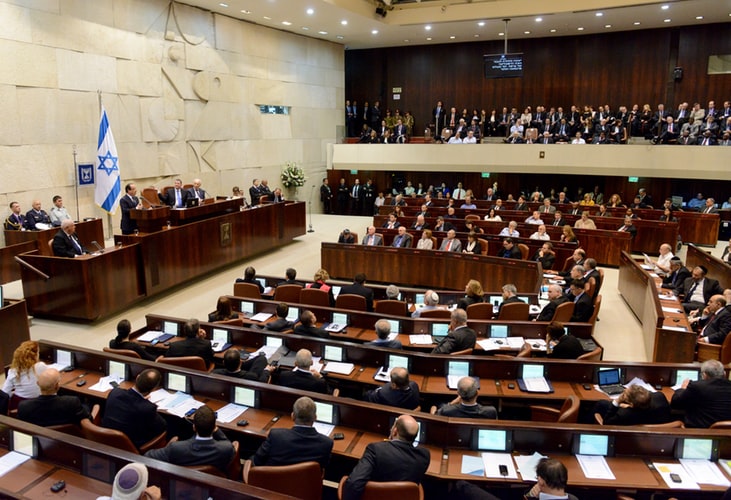
Will 2019 see a third Knesset election? This question is going rounds in Israel as it faces the seco.....
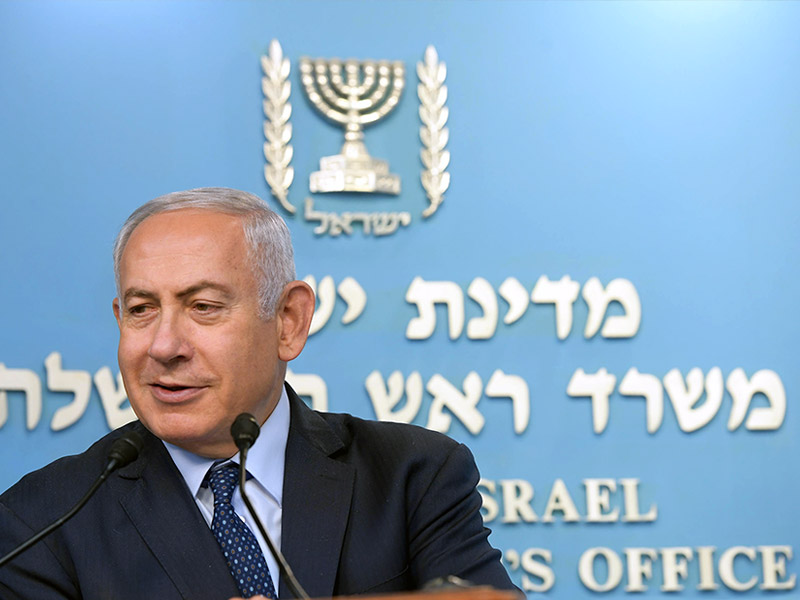
When he called Indian Prime Minister Narendra Modi to congratulate on his re-election with a landsli.....
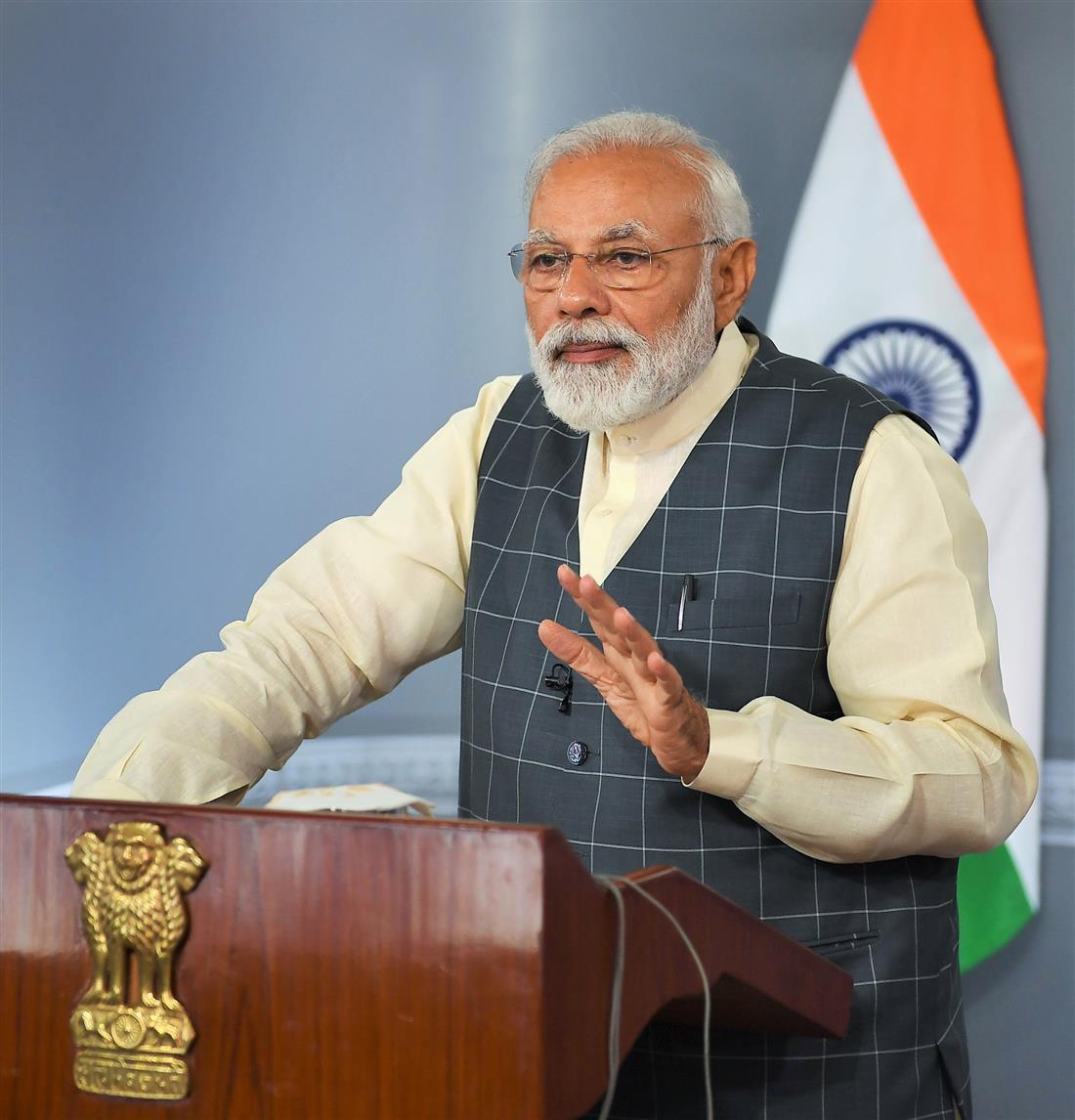
The resounding re-election of Prime Minister Narendra Modi is a blessing for India's relat.....
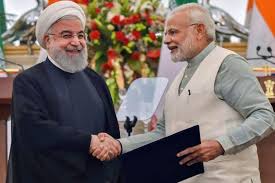
Iran is back in the news and for all the wrong reasons. It has been the unnecessary third .....
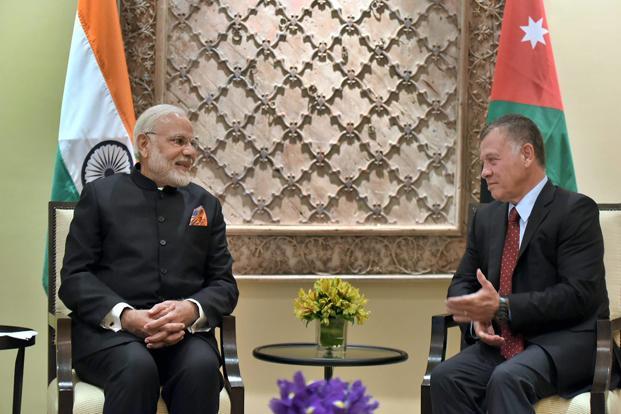
During the close to a century of its existence, the Hashemite Kingdom of Jordan has been, as former .....

In their eagerness to focus on and flag the de-hyphenation of the traditional Israel-Palestinian bin.....
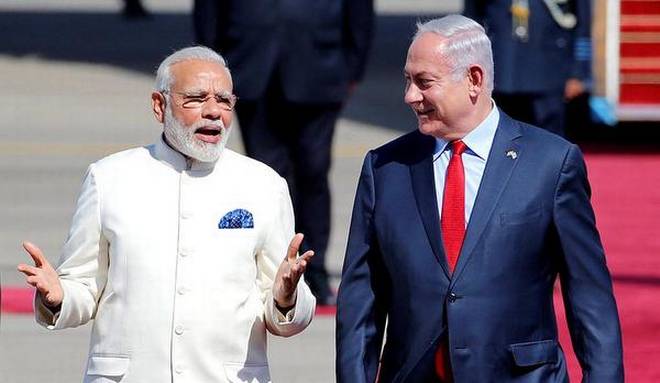
In the closely scrutinised India-Israel relationship, there is little in the public domain that rema.....

You know what, it will go to the dustbin’ my articulate friend was blunt, brutal but.....

Balfour Declaration, A Century Later If one were to make a list of the most influential.....
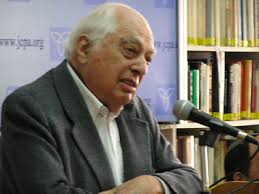
Professor Bernard Lewis—a towering personality on the Middle Eastern academic landscape—.....

B orn in Poland on 2 August 1923, Szymon Persk who later Hebraised his name as Shimon Peres was the leader.....
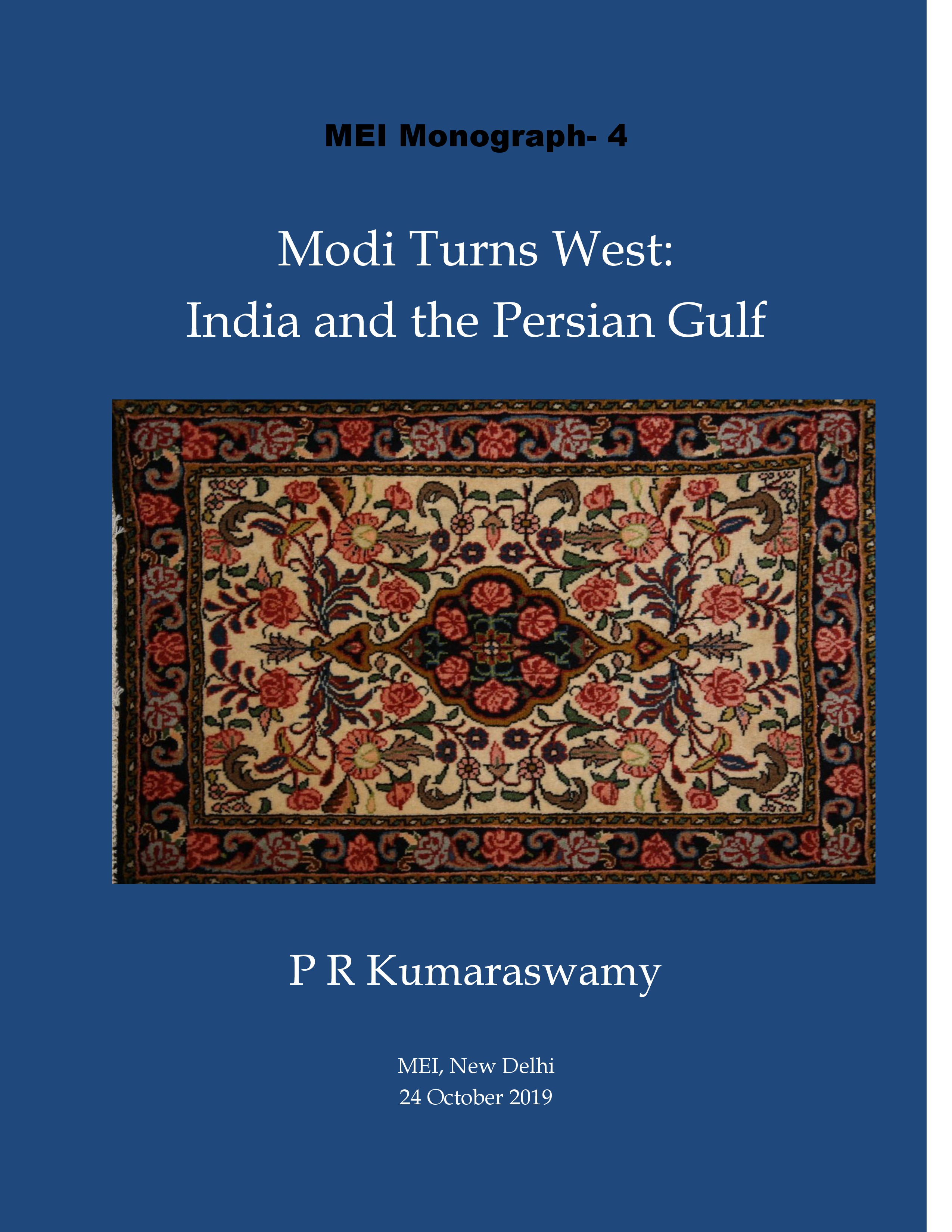
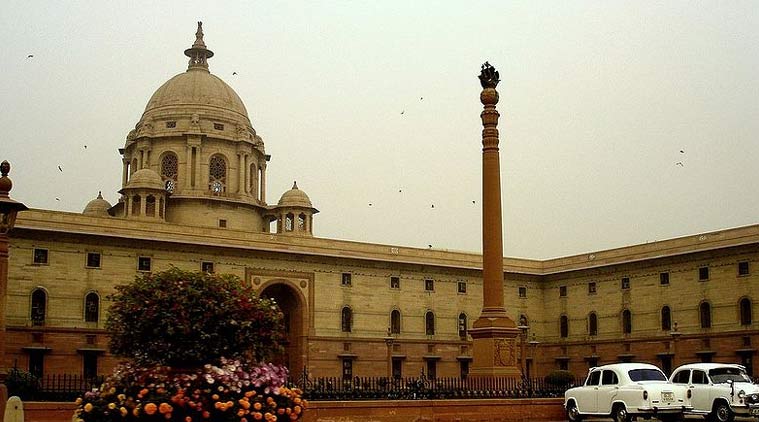
W hat What began as a protest by a marginalized vegetable vendor in Sidi Bouzid in Tunisia soon spread lik.....
